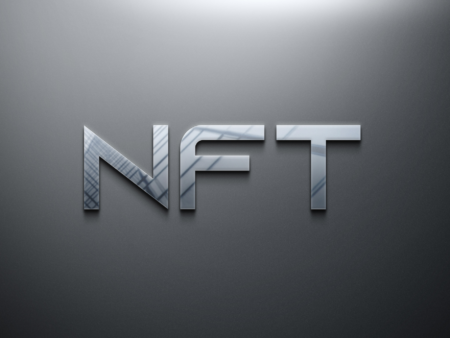Anatoly Yakovenko founded Solana in 2017, to fill the gap of high costs and low transaction speeds that was common in popular blockchains like Ethereum and Bitcoin. At the time, blockchains could only handle 15 transactions per Second! As the existing blockchains relied on the Proof–of–Work ( POW ) mechanism, they also consumed unwarranted energy. On the other hand, Solana uses an exclusive blend of Proof–of–History and Proof–of–Stake consensus mechanisms, with 400 – millisecond block times, thus significantly reducing its transactional fees as compared to Ethereum. This has made Solana one of the fastest–growing ecosystems in crypto. It has become the industry leader in terms of Speed and Scalability.
By the end of August 2022, Solana had 2,220,000 transactions, compared to Ethereum’s 900,000.
However, Ethereum’s total NFT Sales stood at a whopping $ 30 billion on September 29th, compared to Solana’s measly $ 2.5 billion. What is noteworthy though is the fact that Solana’s growth from September 2022 to October 2022 had been quite impressive. During a six-week period, its total NFT trading volume rose from 7% to 24%, while its NFT sales nearly doubled in the previous month.
To counter these competitive strikes, Ethereum shifted to a Proof–of–Stake (PoS) consensus mechanism on September 15th, 2022. This change meant that the platform’s energy requirements plunged by a massive 99.5%. It has managed to remain the most popular and widely used NFT blockchain as of now.
Nonetheless, more and more blockchain platforms and decentralized tokens like Mushe, are striving to grab a stronghold in the metaverse. Mushe Token, just like the Ethereum blockchain platform, is also persevering to “propel blockchain adoption by increasing accessibility of digital assets for the everyday person.” Currently, on the Ethereum platform, Mushe has plans to shift to Stellars open network, known for its low transaction costs. With projects like its Halloween NFT collection on OpenSea, Solana is “motivated to create a social impact by educating the masses on digital currencies and financial management.” Mushe is known to design its products such that regular people can easily access and use them. Starting with video games, Mushe has plans to expand its NFTs to ownership representation of the commercial and residential property, land, advertisement spaces, etc.
A decentralized social network, that will help create organic buzz; a De-Fi platform, providing much-needed liquidity of funds so that people can easily borrow and invest funds in the NFTs; the presence of play – to – Earn games, discouraging senseless hoarding and increasing value through transaction fees whenever NFT’s change hands; and a wallet designed specifically for these tokens, making it easy to keep one’s digital assets within the Mushe ecosystem: all these factors make the Mushe Halloween NFT collection quite lucrative for the ordinary person. Thus, having this token in one’s portfolio could be a smart choice as it has the potential for substantial returns in the future.











